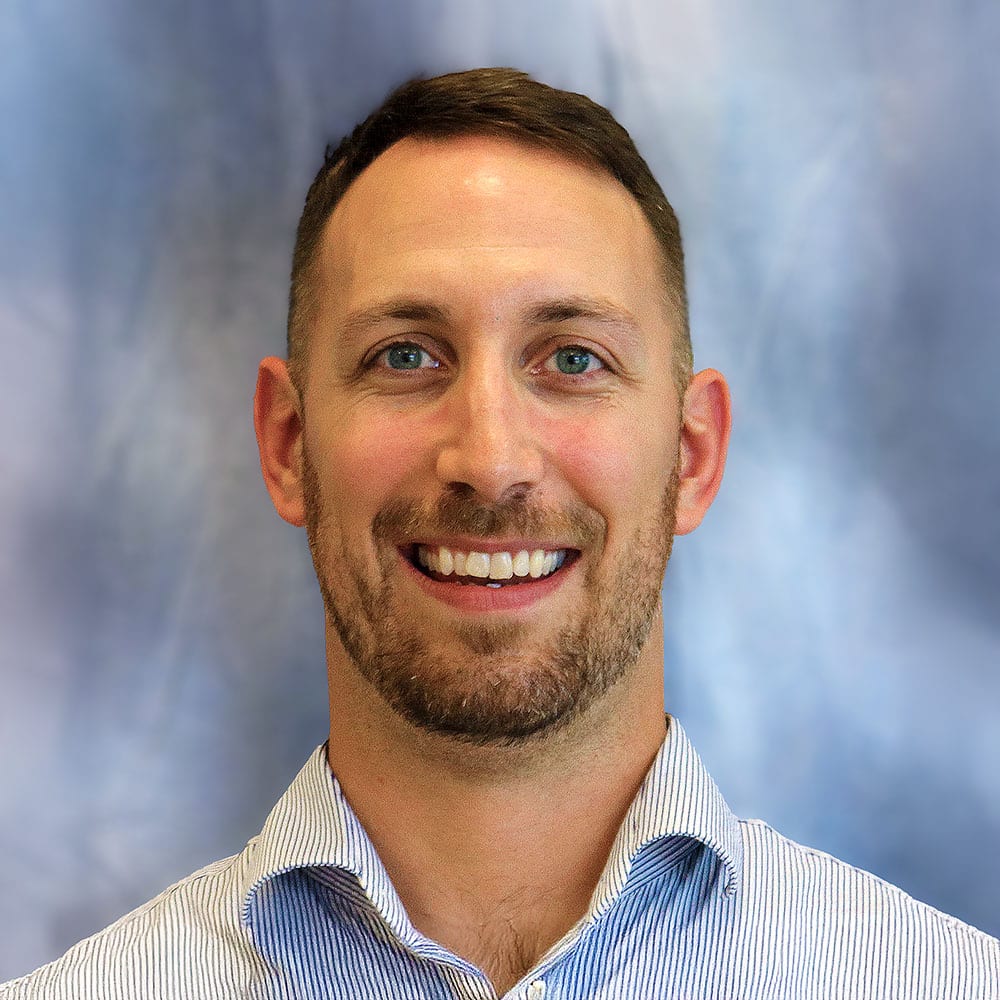When eight school districts across North Dakota and Arizona first started considering what it would take to implement personalized, competency-based learning, they weren’t immediately thinking about sustainability. And that makes sense, right? Systems change can be an overwhelming objective. Where do we start? Who do we include? How do we know if we’re making progress?
Sustainability is at the heart of these questions and is ultimately foundational for systems change. Personalized, competency-based learning is not a flash-in-the-pan initiative. It is transformational work designed to be embedded throughout the fabric of the system. It depends upon a learning and improvement mindset and supportive infrastructure at every step of the way.
Leaders at all levels of the work who champion data and a continuous improvement mindset can make or break long-term innovation. In North Dakota and Arizona, these champions are taking center stage as multi-district learning cohorts designed for supporting the implementation of personalized, competency-based learning enter implementation years seven and six, respectively.
Data fellows in Arizona and North Dakota are responsible for:
- Reviewing and modifying data collection instruments, making these instruments more credible and relevant to local context and partners who own the work at all levels of the initiative
- Participating in the continuous improvement process, utilizing data and improvement science to modify convening structures, goals and learning pathways offered
- Making sense of collected data, rendering this important information about schools and districts timely, actionable and ultimately owned by the individuals and the communities impacted by it
A conversation with data fellows in North Dakota and Arizona

Alex Polumbo
Instructional Specialist
Santa Cruz Valley Unified District 35, Rio Rico, Arizona

Dr. Joel Schleicher
Clinical Assistant Professor
University of North Dakota, College of Education and Human Development
Impact and Improvement Coordinator
North Dakota Network for Personalized Learning
Fellows Alex Palumbo and Dr. Joel Schleicher reflected in a recent conversation on the value of this work:
What from the data fellows engagement still resonates with you?
Palumbo: I have colleagues in different locations in my network that I can connect with to get support if I need it when analyzing data. Another is the idea that data can take various forms, it doesn’t always have to be a test score to see if change for our learners has taken place. The power of qualitative data is definitely something that is now on my radar when analyzing data for our district.
How did our sensemaking process/capability-building help you better understand personalized, competency-based learning implementation within your district?
Palumbo: The sensemaking opportunity helped me better understand personalized, competency-based learning implementation because it pulled various types of data points into the conversation. In most of my previous experiences analyzing data, it has been results-based and found on spreadsheets. Being able to bring in case studies and analyzing narratives combined with quantitative data points made for a richer experience.
How would you describe the partnerships coalescing around the North Dakota Network for Personalized Learning?
Schleicher: Two words come to mind: evolving and growing. With the continued support of the North Dakota Department of Public Instruction, collaboration with KnowledgeWorks and intentionality to increase educator engagement, the synergy to make learning personal for all students will continue to grow.
What data points/metrics may be prioritized as most important in the sustainability of personalized, competency-based learning efforts in your district and in the Arizona Personalized Learning Network? What metrics are most important to the North Dakota Network for Personalized Learning?
Palumbo: We have great data points from our survey results but then we don’t formally check in until the next survey. I think we all need to be more strategic on leveraging those data points. I also enjoyed analyzing case studies. From my perspective, I think we should be using case studies of others implementing similar changes as well as conducting case studies of our own staff for further analysis and sensemaking opportunities.
Schleicher: In 2023-2024, the North Dakota Network for Personalized Learning created a group of data fellows to collect and analyze data and ultimately guide the trajectory of the personalized, competency-based learning initiative. Data collection instruments were created for the collection of meaningful quantitative and qualitative data in the areas of engagement and barriers through surveys and interviews. Key findings were presented at a North Dakota Network for Personalized Learning convening in April of 2024. I anticipate data collection and analysis will continue to focus on engagement and barriers in order to grow the network.
What does continuous improvement look like in North Dakota’s Personalized Learning Network?
Schleicher: Since the commitment of the North Dakota Department of Public Instruction to innovative and personalized learning, continuous improvement has been the foundation to increase personalized learning for all students. The continuous improvement model includes some basic principles; identify, plan, execute, measure, act and repeat. The North Dakota Network for Personalized Learning will enhance the continuous improvement process to include the collection of data and reporting on site visits and in-person learning events to determine impact through the findings.
In what ways have you contributed to the building of a data culture in your district?
Palumbo: Our office helps support sites in their professional development opportunities where they are analyzing data. We have a district data analysis protocol. When looking at previous assessment results, we have sites leverage that tool so that there are consistent ways of accessing the questions we ask of the data. A member of our team is involved in team data meetings as needed. We have also added a data request form where teachers and site leaders can make ad hoc requests for us to pull together data for analysis with or without our assistance. With finite days in a given school year, we like to encourage teachers to have data as a leverage point when strategically planning day-to-day, as well as reflecting on changes needed for the next school year. We want them asking questions ahead of that reflection time. Are teaching and learning strategies working in your classroom? What evidence do you have to support that?
The commitment to building and firmly establishing a data culture centered on intentional, evidence-based sensemaking and decision-making is necessary to drive implementation efforts forward. With a focus on establishing key partnerships and capability-building, data fellows have proven to be an integral part of long-term sustainability.
This was co-written by former Director of Continuous Improvement Drake Bryan.




